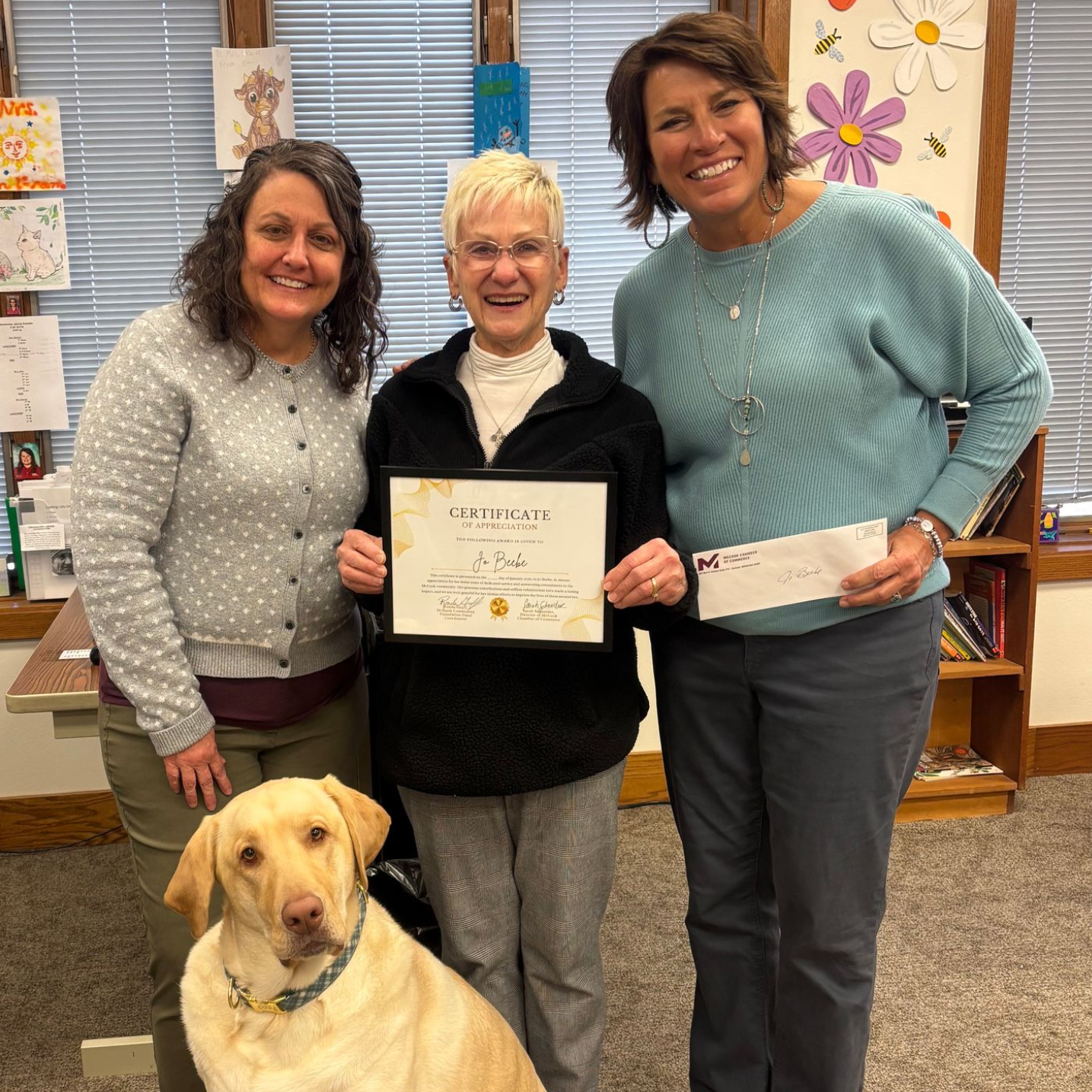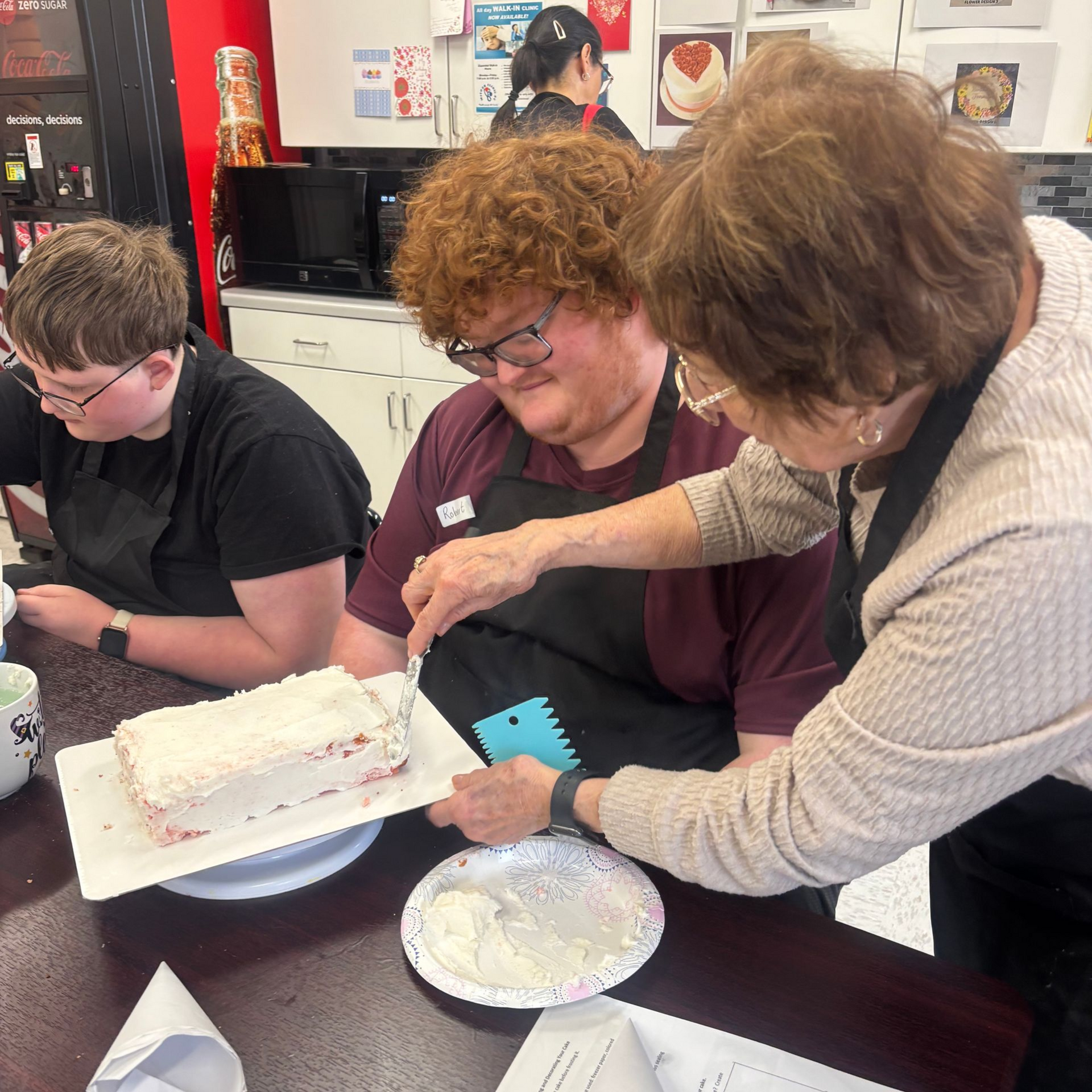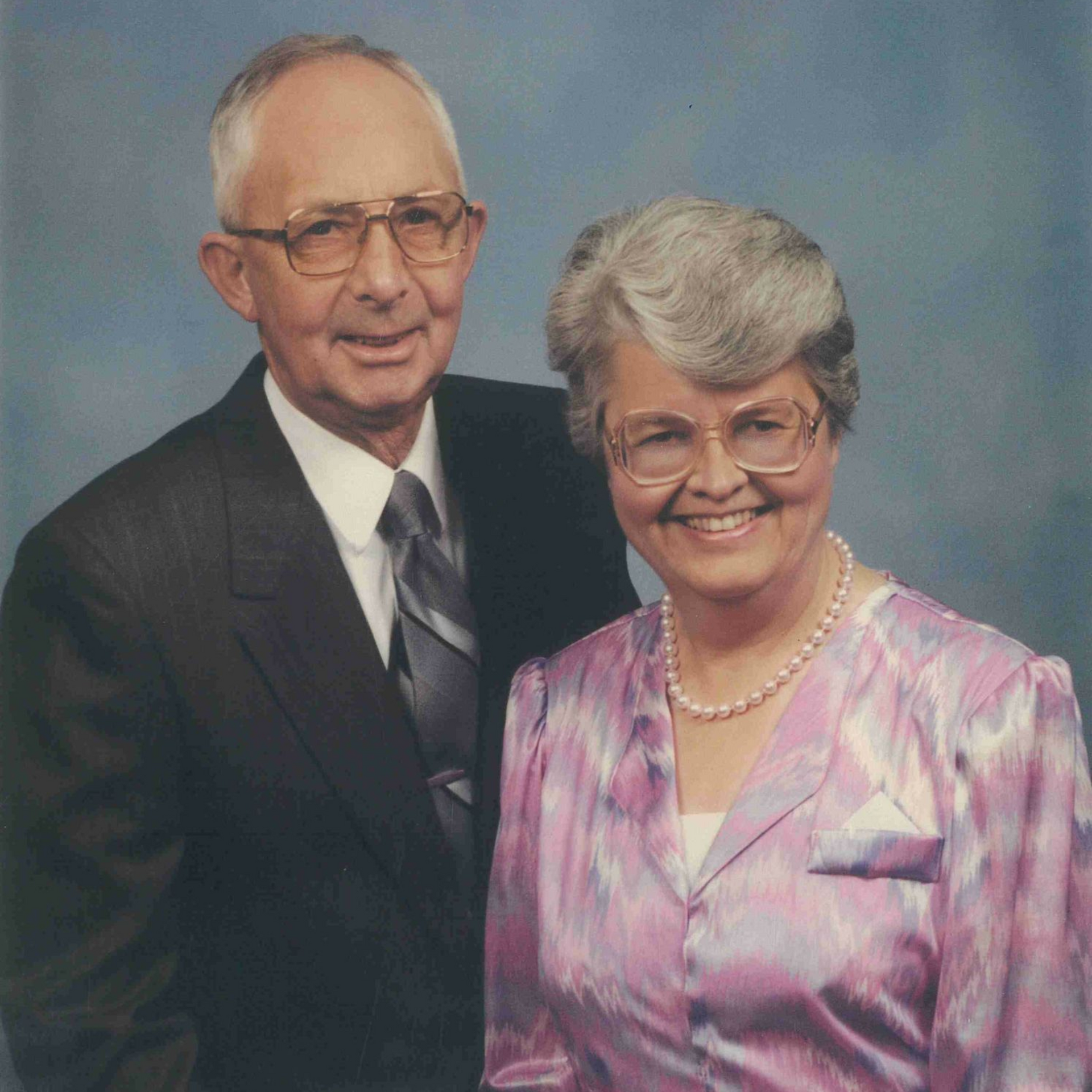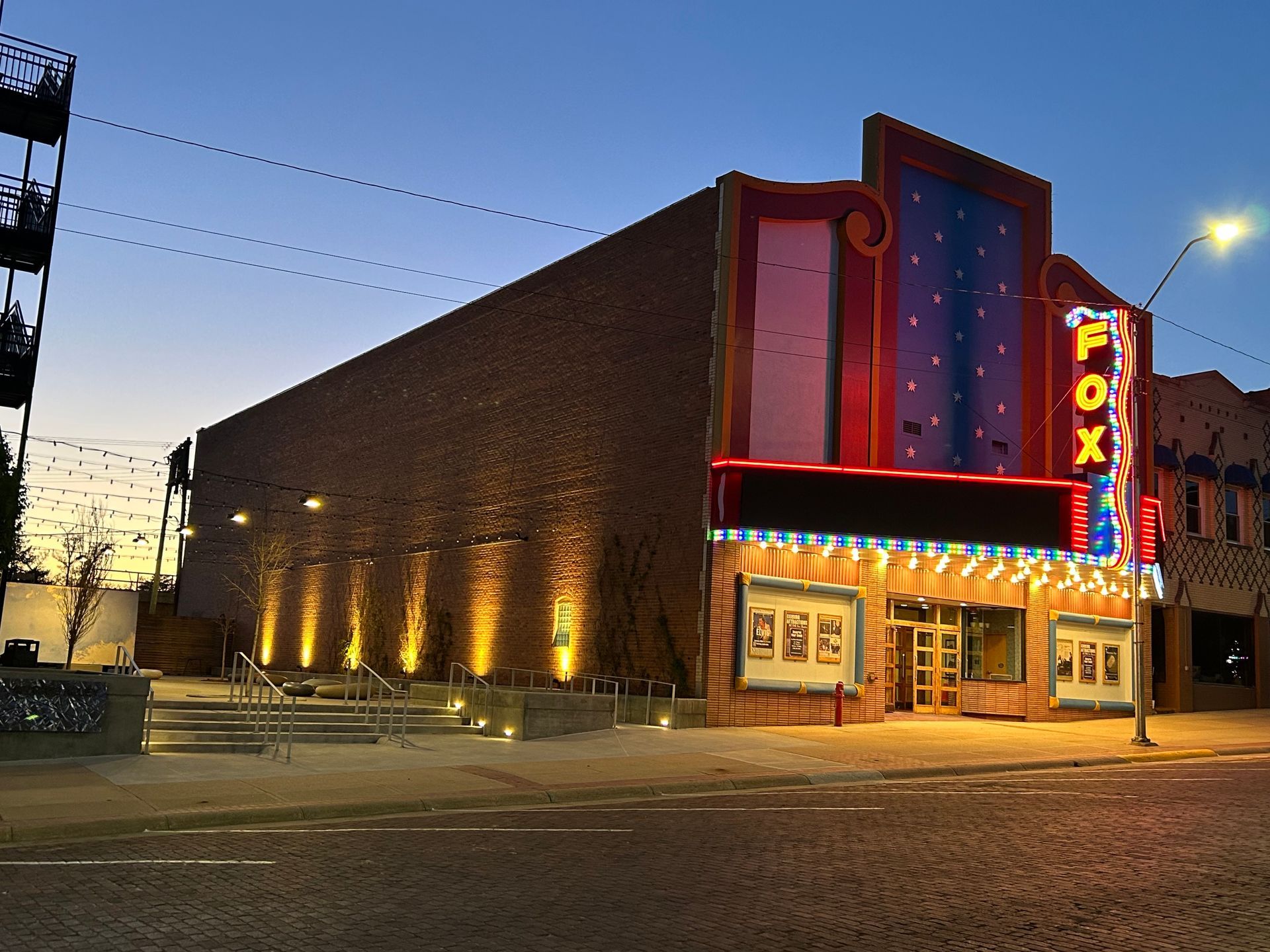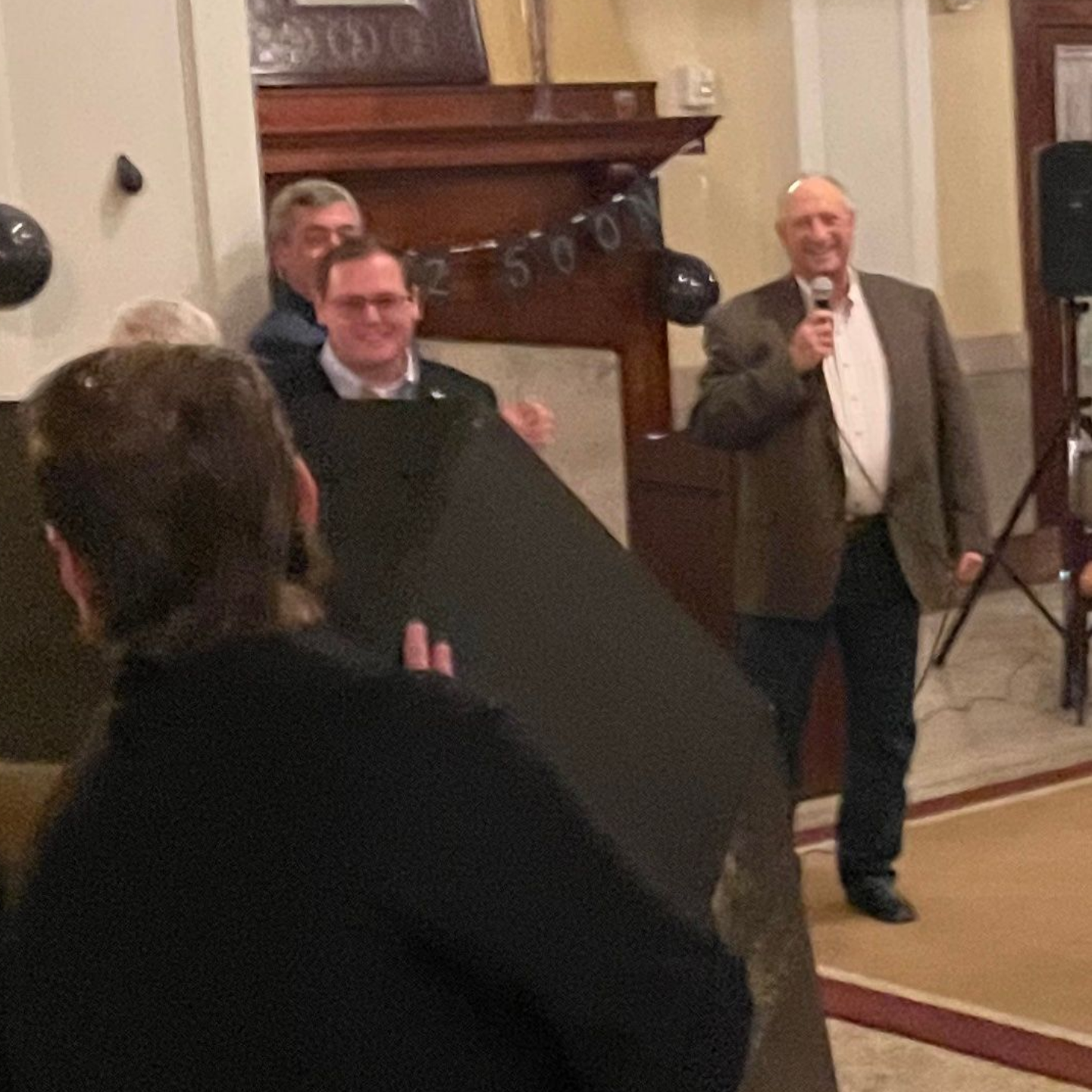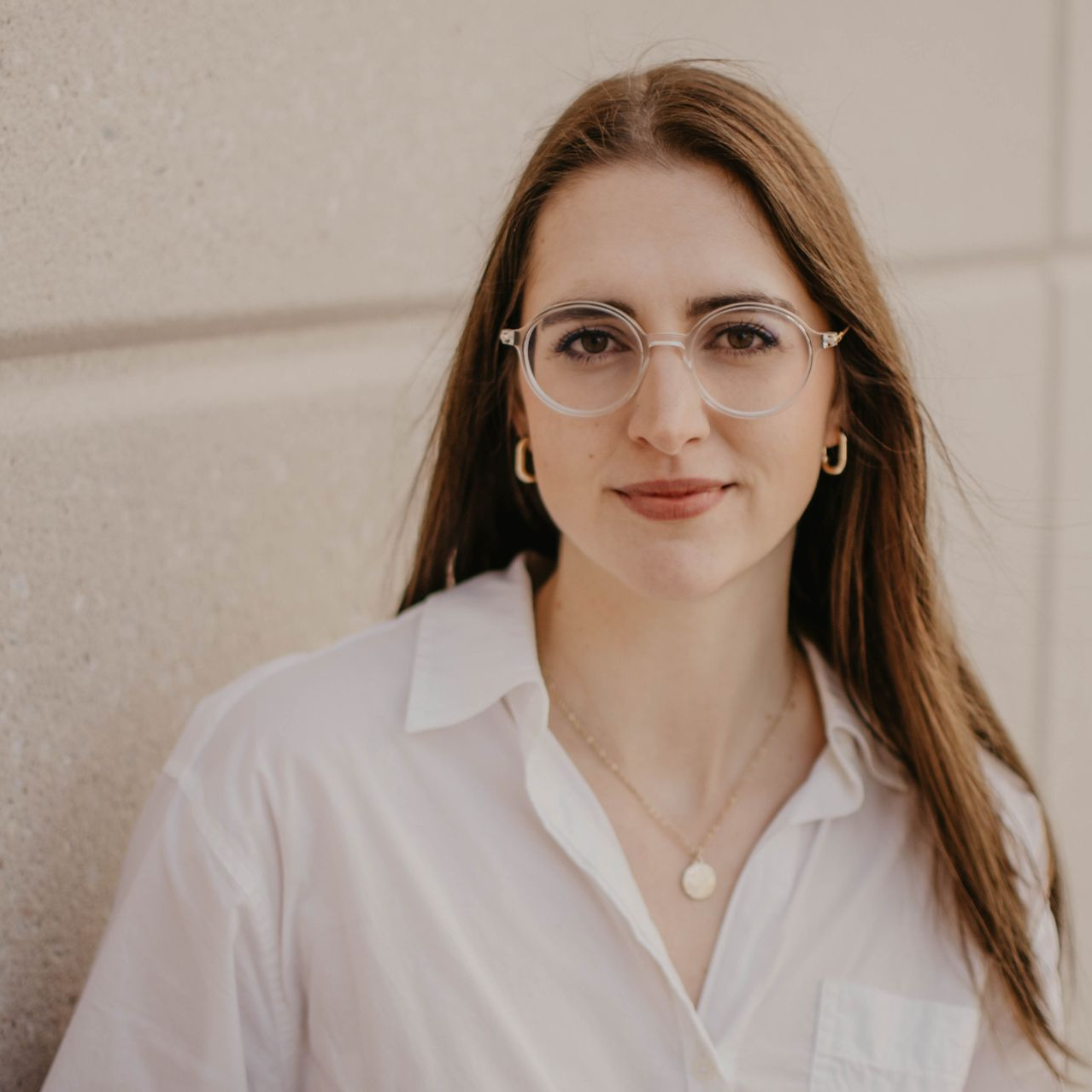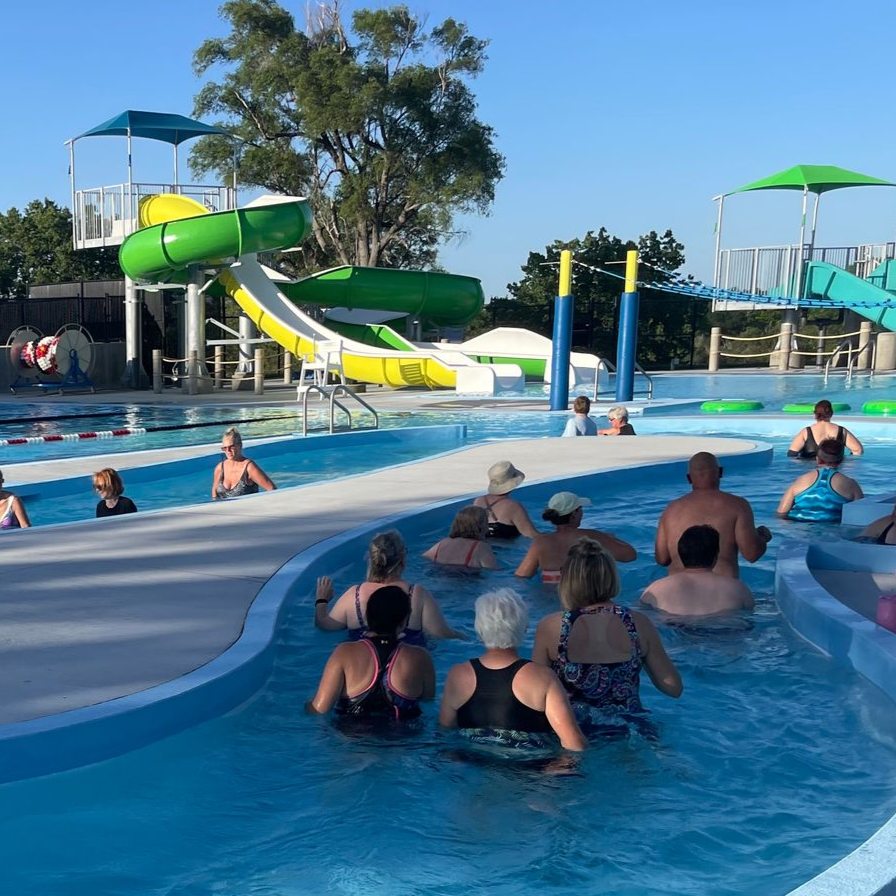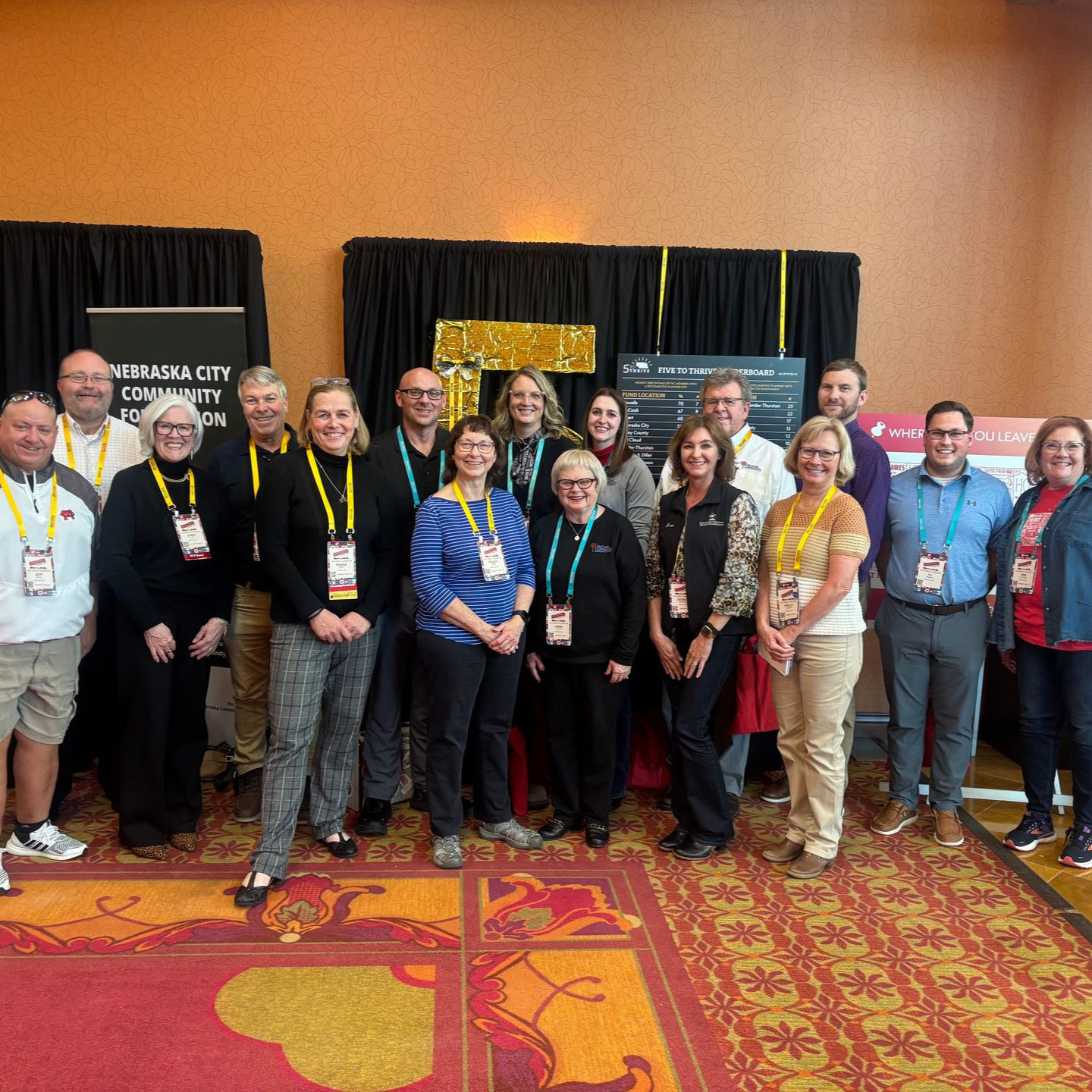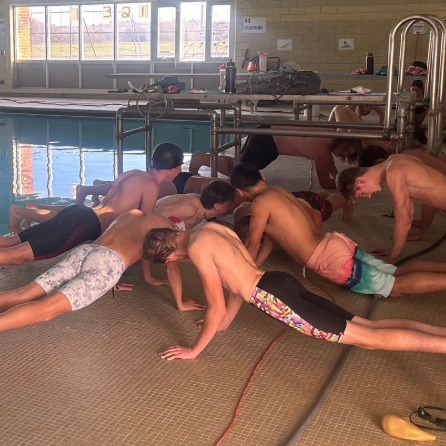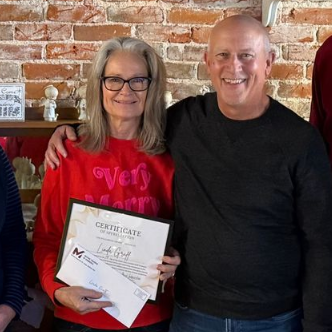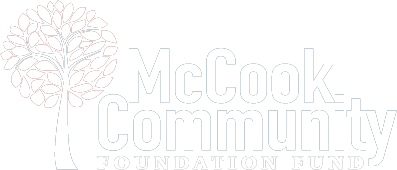Darts, playing cards, volleyball, corn hole, golf, frolf (frisbee golf for us lay folk). What do all of these have in common?
On any given night, you can find someone playing one of these games around the community, whether in an organized league or just a pickup game.
Seeing that small list refutes the idea: “There is nothing to do here.”
Add to the tally enjoying one of the surrounding lakes, taking in a movie or visiting one our historic sites. The common refrain of “there is nothing to do” becomes “there is always something to do.”
That doesn’t even get into the special events like the upcoming Prairie Roots Music Festival and McCook-off BBQ contest on Aug. 19 at Heritage Hills, the fall high school sporting activities or McCook’s Heritage Days in October.
If a visitor walks into a gas station and asks, “What is there to do in McCook and Southwest Nebraska?” the answer is simple: there is always something to do.
But the conversation doesn’t end there.
While it is important that we have these activities and events, that isn’t enough. There remains a couple hurdles with many of those activities: first, knowing about them and secondly, what to do.
It can be intimidating to attend something on your own for the first time and to understand how an activity works when you’ve never gone before.
Regardless of the activity, there are so many questions: Are you welcome to just show up? Do you have to have tickets? How do you get tickets? How do you even learn about a league? How do you put together a volleyball team? When do leagues start? Where do I find equipment? How do I respond if I get hit in the head with a frisbee?
With all those questions, it is easier to just stay home rather than trek into unknown territory.
That applies whether new to a community or you’ve lived there your entire life.
Years ago, my husband and I would play pitch at the Eagles Club in McCook, invited by family members to join in the card game. But with other time commitments, we hadn’t joined the organized game in years.
Earlier this week after again being reminded by family members about the on-going card game, we returned to the card tables; this time at TJ’s Family Fun Center. Even though we had played in the past, it was still a bit intimidating walking into the center of those who were familiar with the setting, knew everyone else there and understood all the rules.
Yet, everyone was welcoming as they quickly ushered us to the check-in table, answered our questions about any distinct rules and lamented with us every time we went set on a hand of pitch and placed $1 in the paper cup set aside for that purpose. They even told us about the chocolate candy bar stash for the group and graciously shared tomatoes from the current garden harvest.
While we can’t be weekly regulars, we quickly felt at home and know we will return soon.
What did it take to get us there? It was as simple as learning about the event and an invite to join them.
Yes, we should be willing to try things on our own but it is so much easier to say “yes” when you go with someone who knows what is going on and is willing to show you the ropes so you did’t have to stumble through it on your own.
So what is the solution?
One is to gather up the gumption and go on your own. If you hear about something that interests you, join in. Take the leap and show up. Ask questions about how it works. Be willing to make a few mistakes but know that it will soon be like second nature.
But more importantly, we need to invite others to join us in these activities, especially those new to our community. If you meet someone new, ask them what they like to do and share activities you know about.
Let them know you attend a weekly dart league at the golf course or play pickup volleyball at Kelley Park. Perhaps you add them to your YMCA basketball team, expanding the league. Maybe you invite them to a local theatrical performance, getting a bite to eat first.
Or it’s as simple as inviting someone for coffee, which turns into a new morning coffee group where all the world’s problems are solved.
There are so many things to do in our community and it becomes even better when we invite someone else to join us. In the end, we are making our community a better place to call home when we invite others to join us.
